-
Post Office (Horizon System) Offences Act becomes law
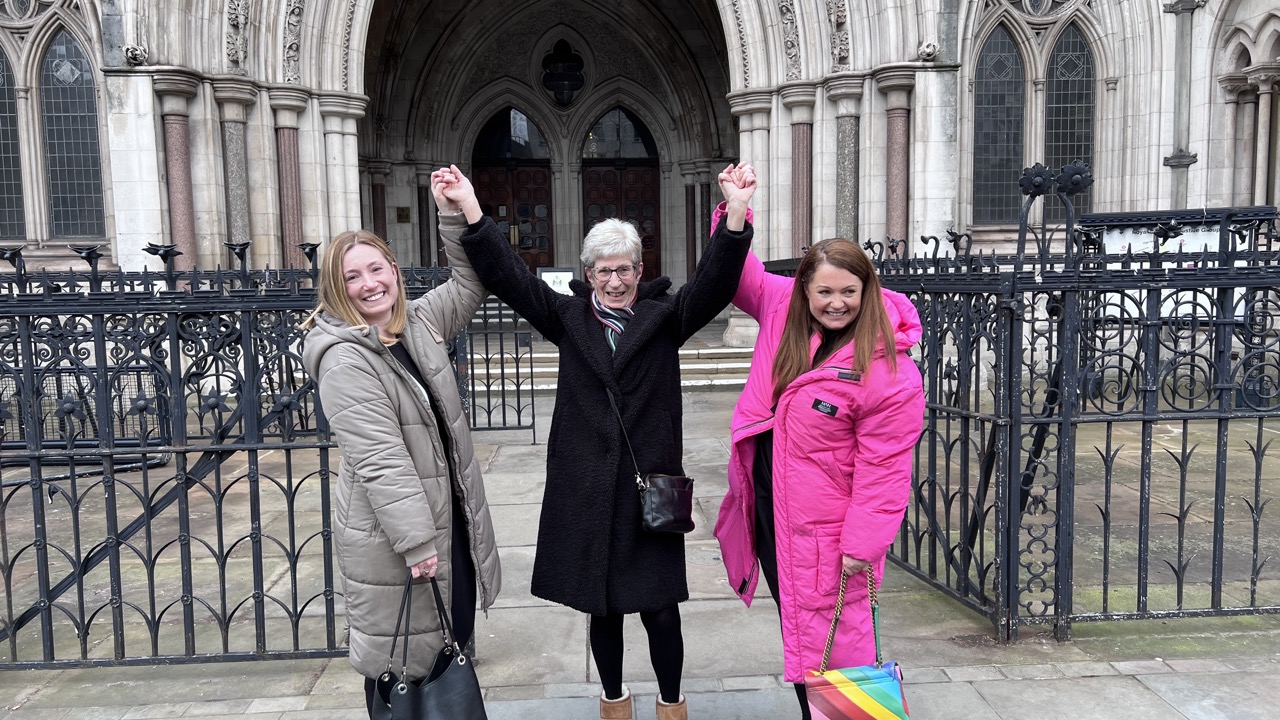 Read More…: Post Office (Horizon System) Offences Act becomes law
Read More…: Post Office (Horizon System) Offences Act becomes lawCongratulations to those Subpostmasters who no longer have convictions blighting their lives. A huge cohort of people now have access to a minimum of £600k each by way of compensation. Two important groups are currently excluded. 1) Scottish Subpostmasters. Thanks to foot-dragging by the Scottish authorities, Scottish Subpostmasters are not (yet) having their convictions quashed. Horizon was used in Scotland and was just as unreliable there as it was in the rest of the UK. Post Office investigators in Scotland were as bad as those in England, Wales and Northern Ireland. So were their investigations. It is arbitrary and unfair…
-
Vennells Day 2: Dispatches from the Bunker
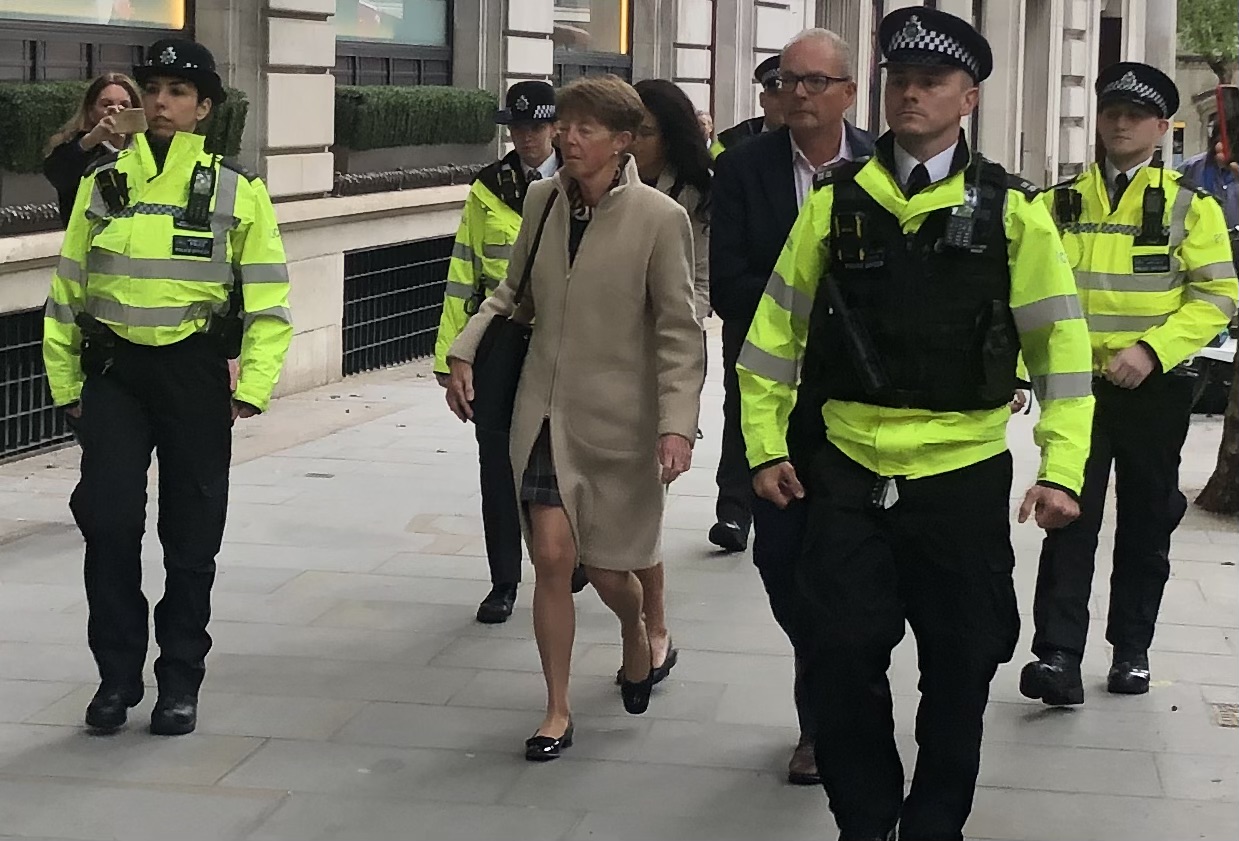 Read More…: Vennells Day 2: Dispatches from the Bunker
Read More…: Vennells Day 2: Dispatches from the BunkerIn February 2019, the Post Office was in the middle of its disastrous Bates v Post Office group litigation. The Common Issues trial had finished and the Horizon Issues trial was due to begin on 11 March. The Common Issues judgment had yet to land. The Post Office was jumpy. Towards the end of former Post Office CEO Paula Vennells’ second day of evidence at the Inquiry, we got a weird insight into the delusional mentality running rampant at the very top of the organisation during this period. On 21 February 2019 the government representative on the Post Office board,…
-
Vennells Day 2: Cover-up finally acknowledged
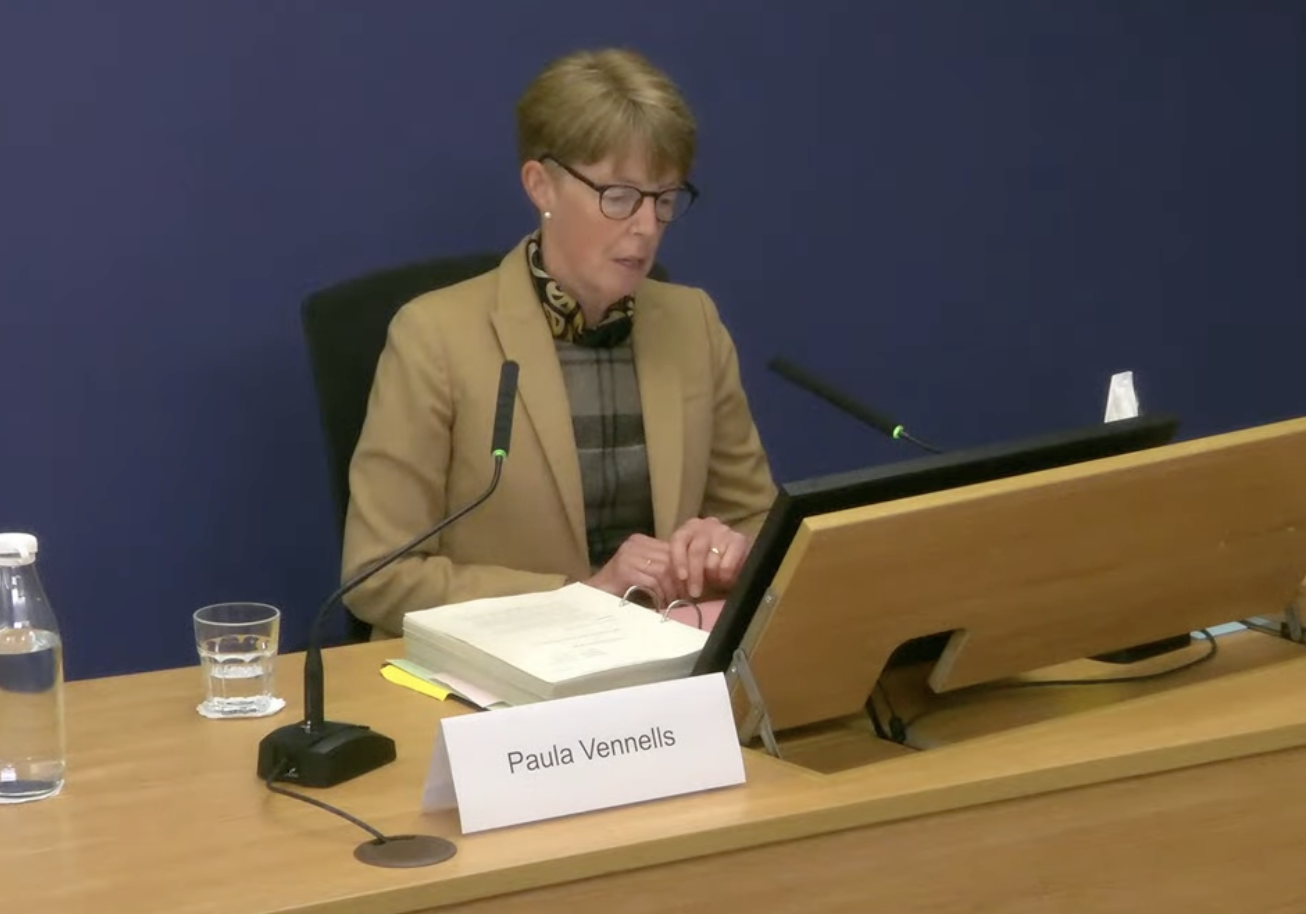 Read More…: Vennells Day 2: Cover-up finally acknowledged
Read More…: Vennells Day 2: Cover-up finally acknowledgedDuring her evidence to the Inquiry today Paula Vennells finally admitted there was cover-up at the Post Office on her watch. Counsel to the Inquiry Jason Beer took her to a letter dated 12 July 2013. It was from the Criminal Cases Review Commission (CCRC), the statutory body which investigates potential miscarriages of justice in England, Wales and Northern Ireland. The letter was prompted by Second Sight’s Interim Report, which was published on 8 July 2013. It says: “We’ve read the recent media coverage concerning the Post Office Horizon computer system with interest. Clearly it would be very useful for…
-
Vennells Day 1: the Five Things we learned
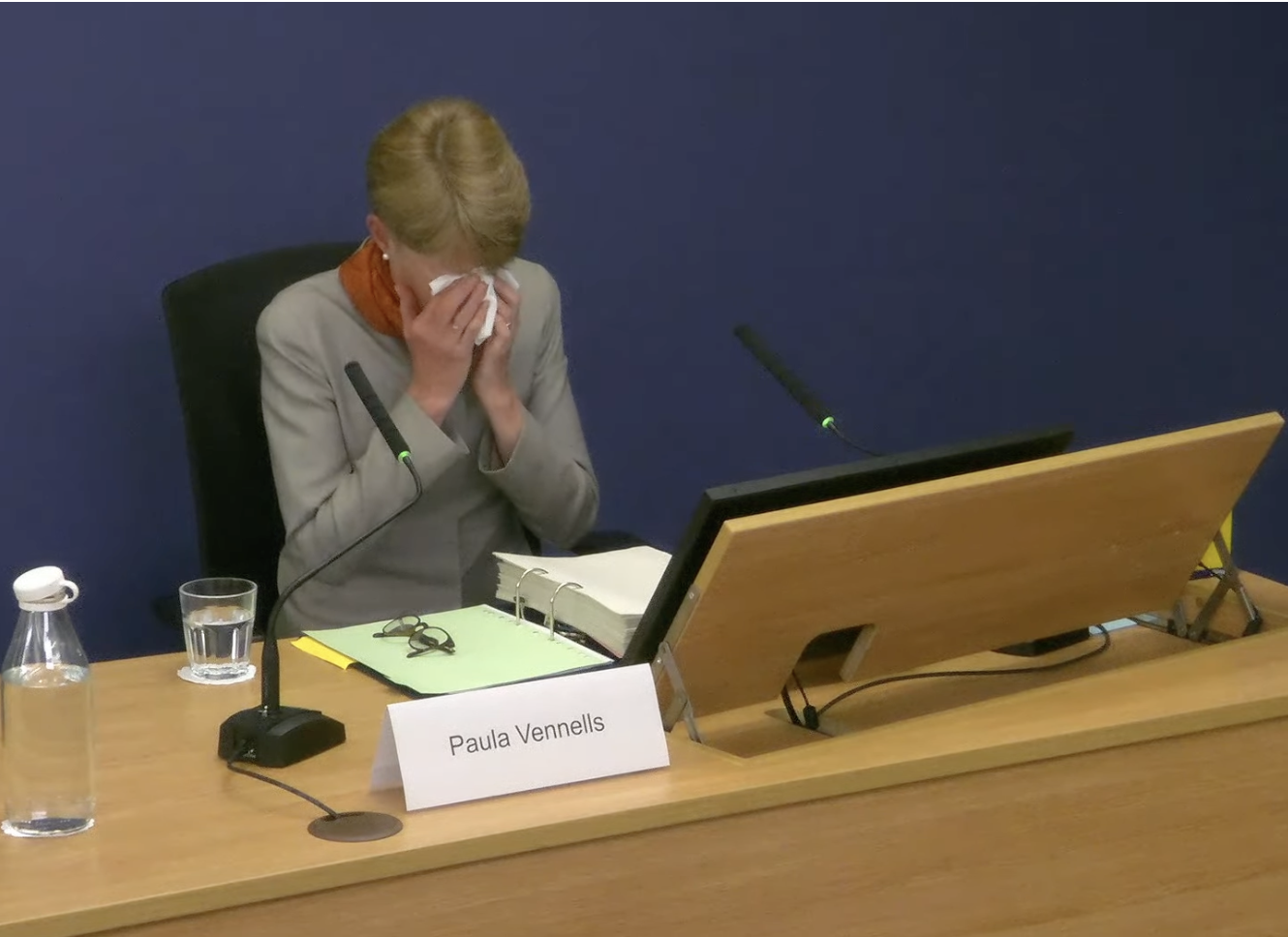 Read More…: Vennells Day 1: the Five Things we learned
Read More…: Vennells Day 1: the Five Things we learnedRight then. Not volunteering more than she had to The fact that despite protesting several times she approached the inquiry with “integrity” in a spirit of wanting to tell the “complete truth” Paula Vennells appeared to be attempting a sleight of hand from the off. Jason Beer KC (who asked questions on behalf of the Inquiry) reminded Vennells that in August 2023 the Inquiry wrote to her telling her that in her witness statement they would like her to: “reflect on your time at the Post Office and set out whether there was anything you would have handled differently”. Beer…
-
The Post Office’s “caring” side
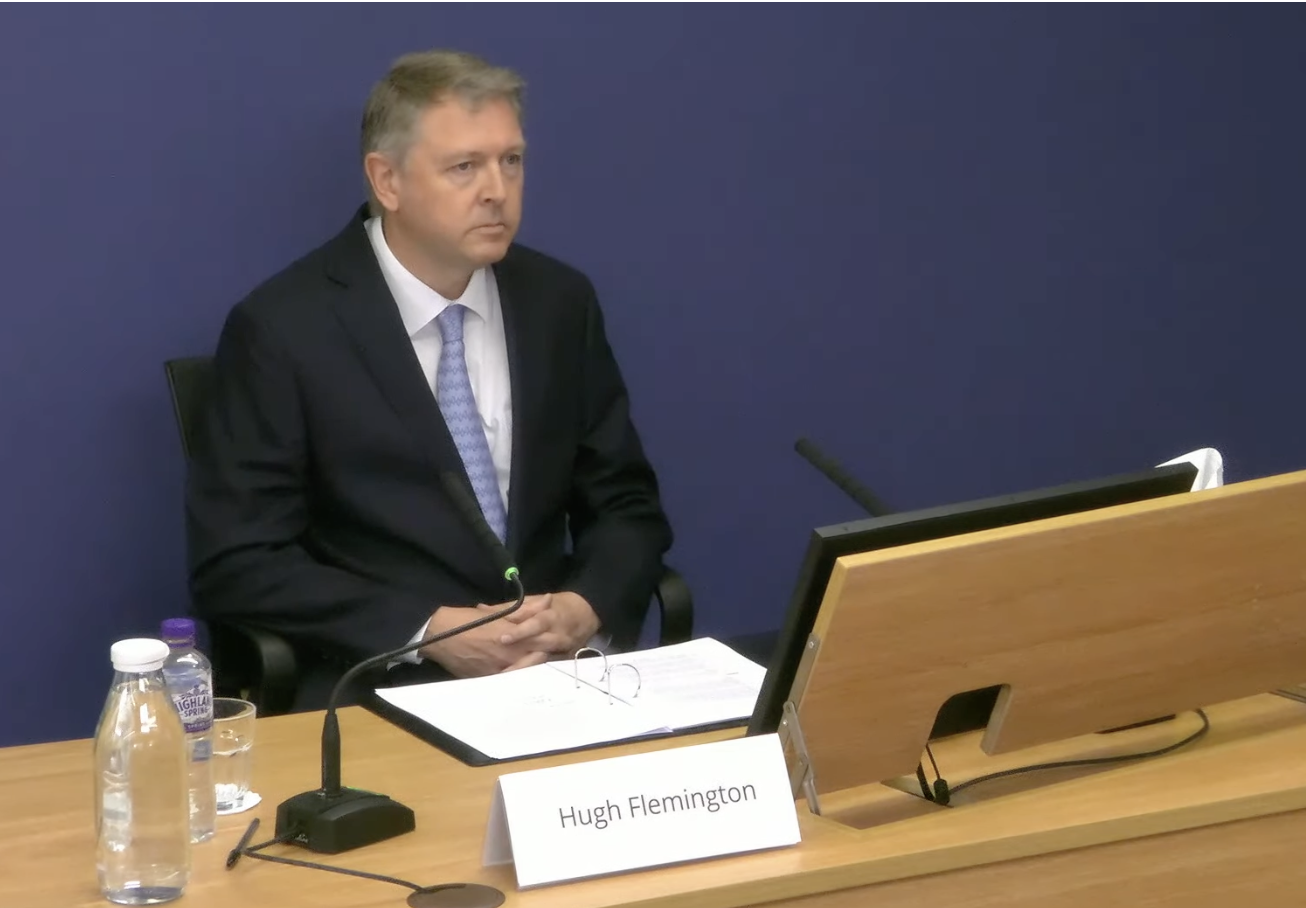 Read More…: The Post Office’s “caring” side
Read More…: The Post Office’s “caring” sideThe other story to come out of today’s evidence (21 May 2024) took us away from inability of Alwen Lyons to see herself as anything other than a helpful facilitator of Post Office business and Second Sight’s investigation into the Post Office business. It concerns a couple of emails sent by Post Office Head of Legal Hugh Flemington. The first, in 2012, he sent to Paula Vennells. “We have a civil (not criminal) case in court tomorrow”, writes Flemington “where we have already had an admission from the Subpostmaster that she owed us [£10,4000].” The Subpostmaster was a Mrs Etheridge…
-
Feeding them to the Lyons
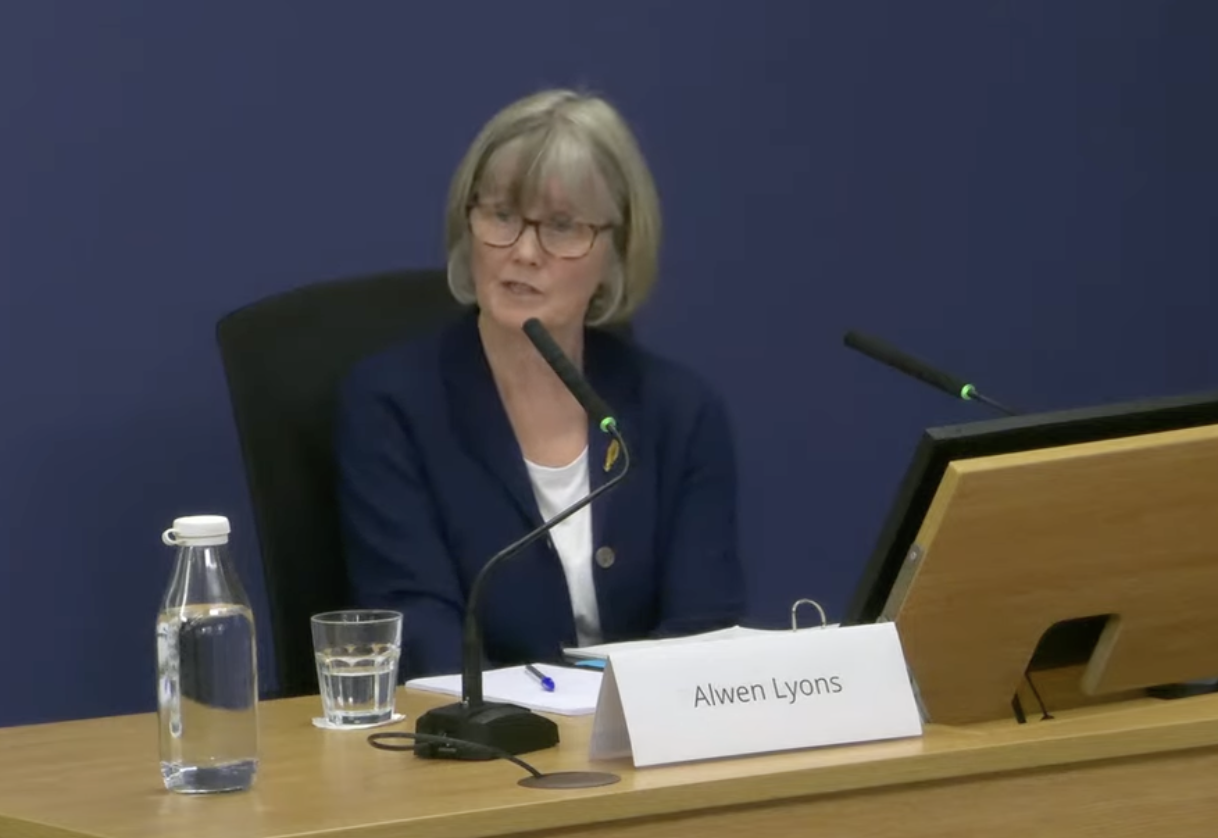 Read More…: Feeding them to the Lyons
Read More…: Feeding them to the LyonsThe mystifying thing about a lot of witnesses we’ve been hearing from recently is that Second Sight, the independent investigators tasked in 2012 to really dig into what was going on at the Post Office, were somehow not good enough at their jobs. The Post Office’s definition of not being very good at a job appears to be not telling the Post Office what it wants to hear. Despite being presented with evidence from their own people (Subpostmasters) and Second Sight that their computer system didn’t work properly, their training was dreadful and their prosecutions and investigation work was not…
-
All-knowing Alwen has her chance to come clean
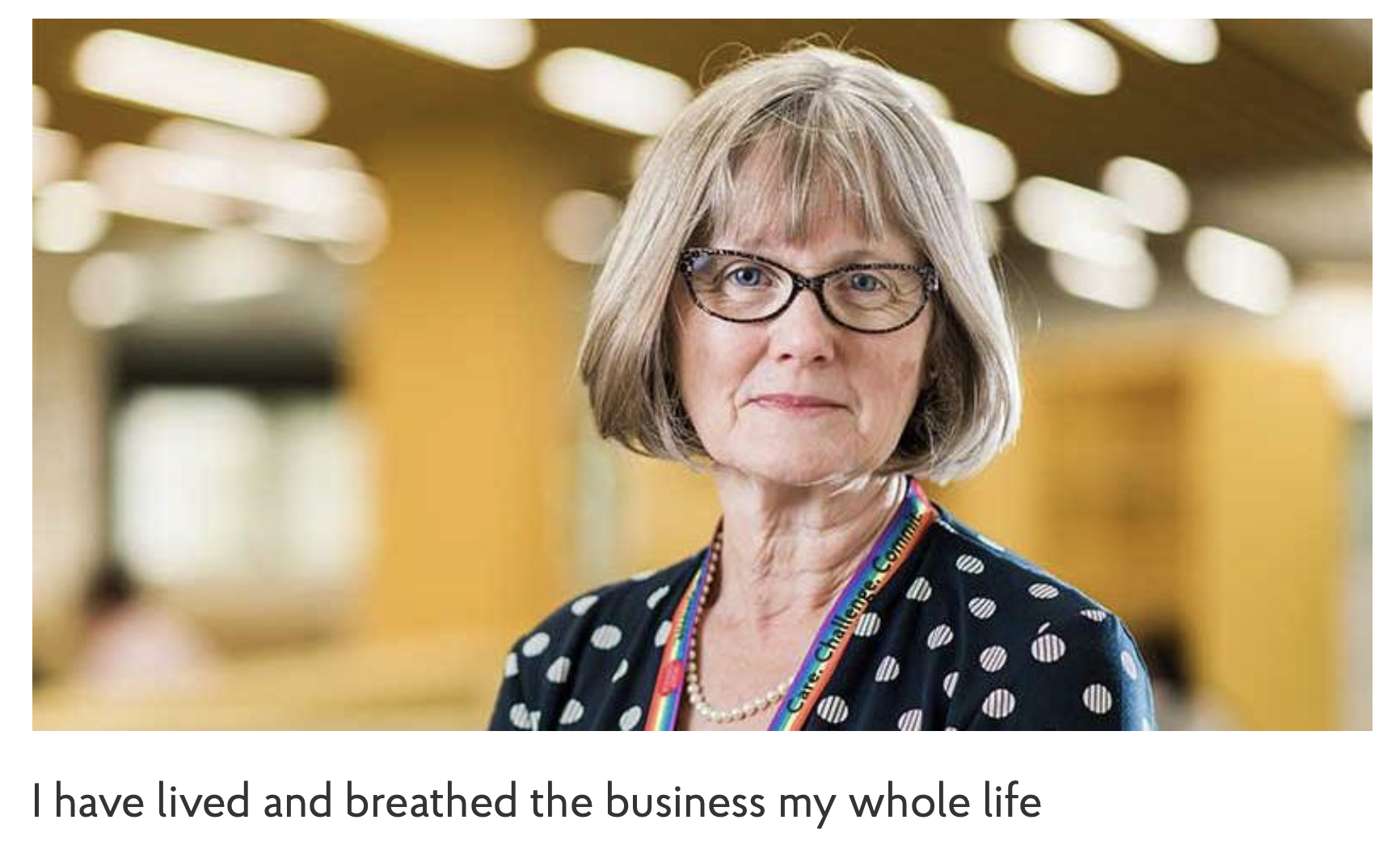 Read More…: All-knowing Alwen has her chance to come clean
Read More…: All-knowing Alwen has her chance to come cleanIt’s all too easy to get the measure of Alwen Lyons OBE. She sees herself as a Good Person who spent a lifetime serving and defending a Good Company. Unfortunately that company was the Post Office. Lyons was there during the prosecution spree, she was there at the height of the cover-up, and seems to either have been in denial, grievously mistaken or simply lying about what she knew. In 2013, Ian Henderson from Second Sight was engaged in an independent investigation of the Post Office Horizon IT system and the Post Office’s associated business functions. Forgive me for quoting…
-
Former Post Office General Counsel Refuses to Cooperate with Inquiry
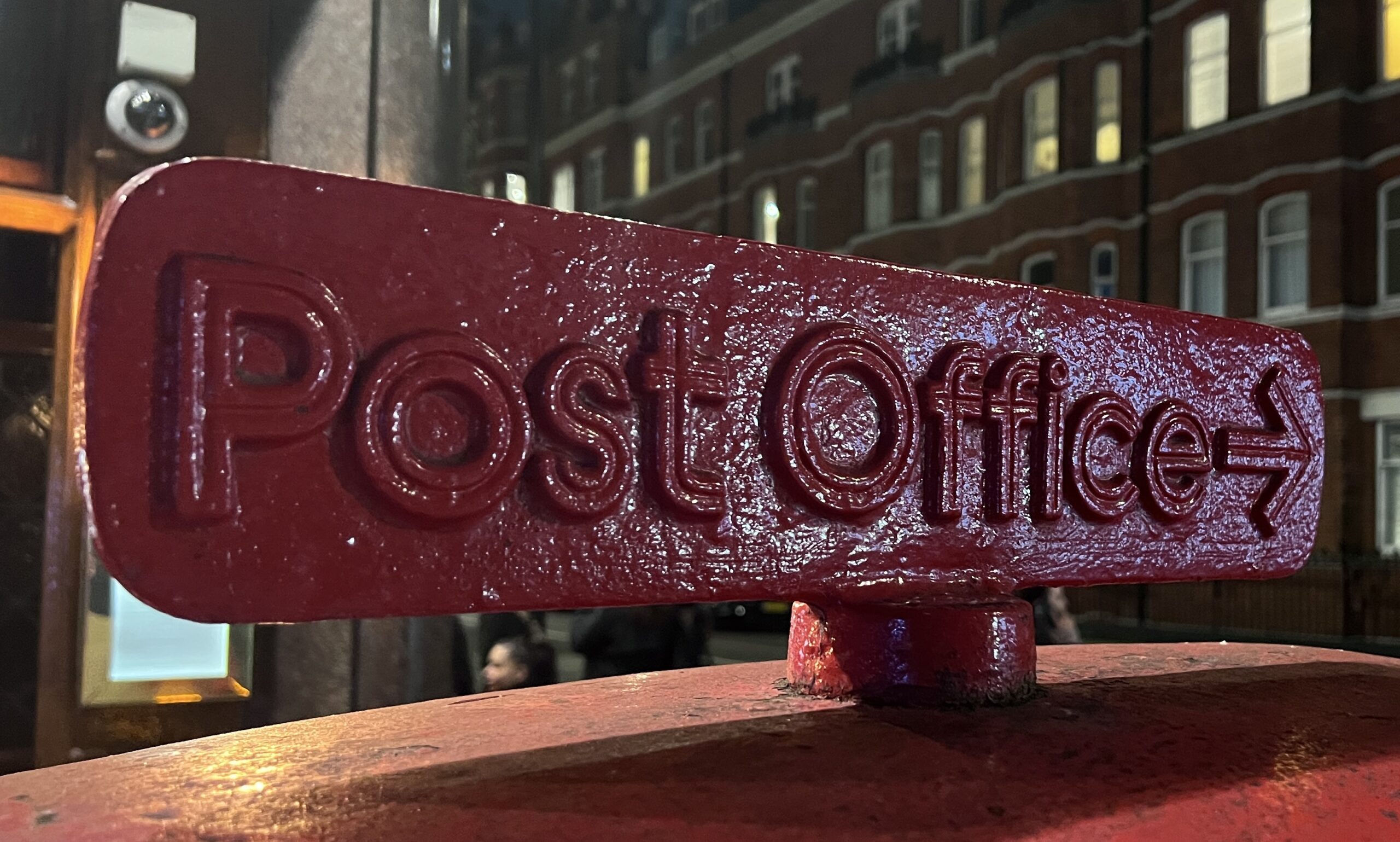 Read More…: Former Post Office General Counsel Refuses to Cooperate with Inquiry
Read More…: Former Post Office General Counsel Refuses to Cooperate with InquiryOn Wed 8 May, I mentioned (in parentheses) during my live-tweets of Brian Altman KC’s evidence: “This provokes a conference in BA’s chambers and a letter from the new GC Jane McLoed (who I understand might be resisting the request she give evidence to the inquiry and given she lives abroad, cannot be compelled to do so) telling the CCRC essentially to do one.” I had heard the rumour that day, and hoped that by mentioning it on twitter en passant, it might get some pick up. It didn’t, so I mentioned it again in a stand-alone tweet more than…
-
Ismay: the Idiot Returns
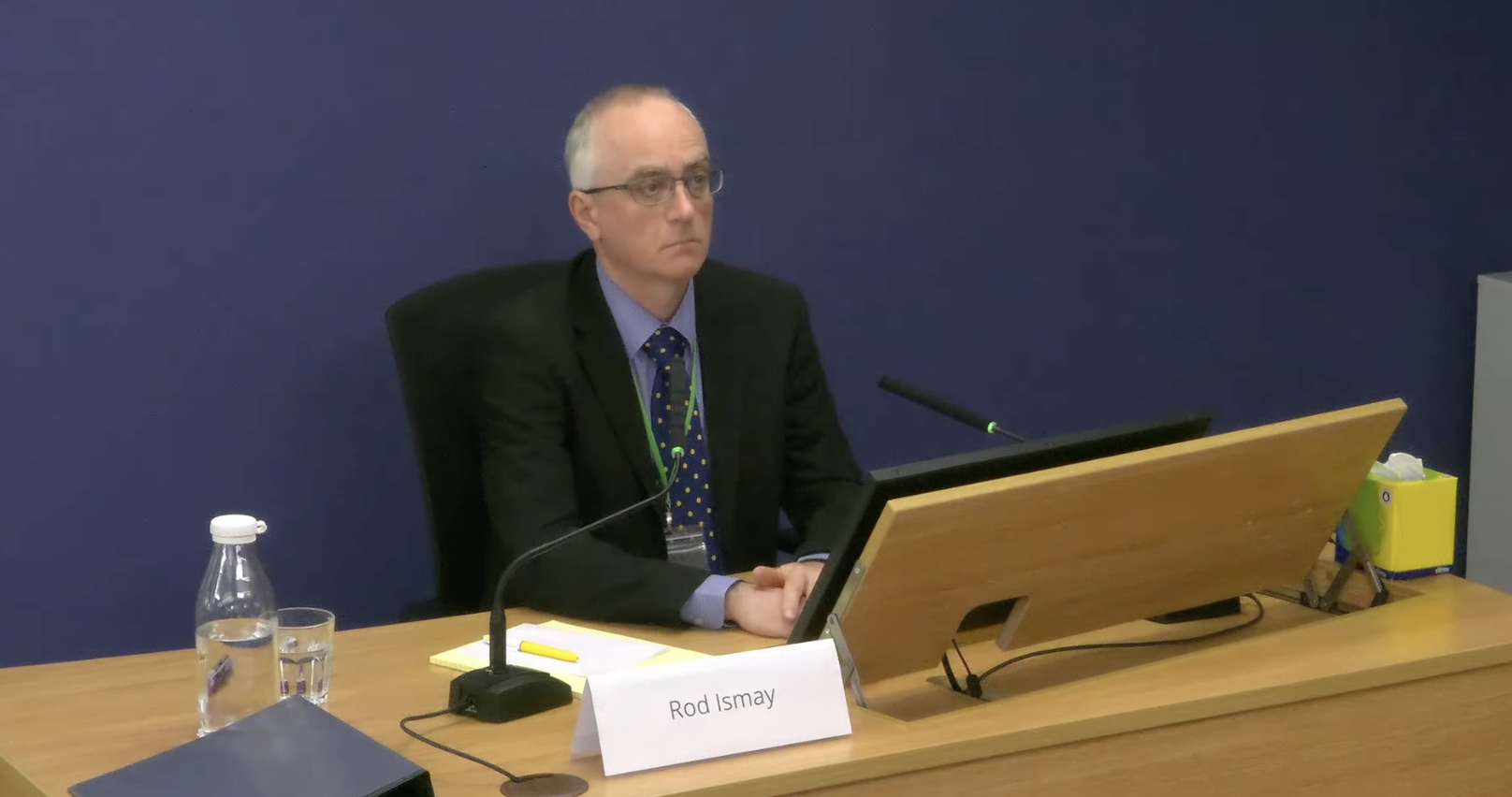 Read More…: Ismay: the Idiot Returns
Read More…: Ismay: the Idiot ReturnsRod Ismay’s role in the Post Office was senior – he finished as Head of Product and Branch Accounting reporting directly to the Chief Finance Officer. He appears to have taken a leading, or as Jason Beer KC would have it “co-ordinating” role in responding to Horizon challenges throughout his career at the Post Office. This went well beyond his authorship of the disastrous Ismay report, which the Post Office relied on to keep prosecuting Subpostmasters for at least two years. I’ve written here about Ismay’s first stint at giving evidence to the Post Office Horizon IT Inquiry. Today, almost…
-
The One Thing Brian Altman Did Wrong
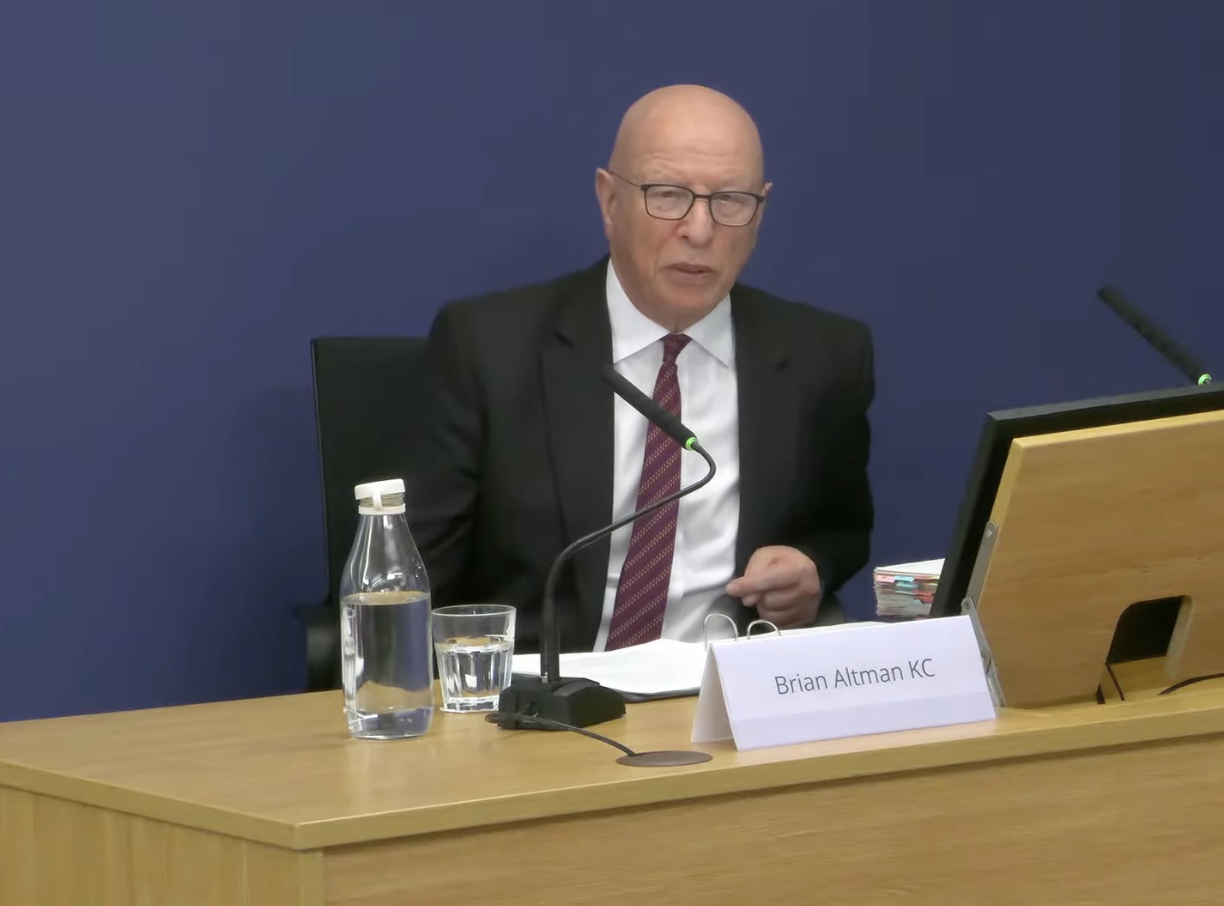 Read More…: The One Thing Brian Altman Did Wrong
Read More…: The One Thing Brian Altman Did WrongBrian Altman’s role in perpetuating the Post Office scandal is self-evident. He gave advice which helped a bent client keep a lid on a gargantuan miscarriage of justice. Whether that was down to any professional failings was in issue today. Altman had sight of clear evidence of criminal activity (orders to shred documents, misleading a court), massive failures of disclosure (the Misra case), prosecutor misconduct (the Hamilton case), yet he somehow managed to give advices (and, later, set court strategies) which were neatly in line with his client’s wishes. “Do you think that you might have been set up?” asked…
Archives
Most Popular
Tags
Alan Bates alice perkins Alwen Lyons Andrew Winn Andy Dunks Andy Parsons Bates v Post Office Bonusgate CCRC Chris Aujard Clarke Advice False Accounts Fujitsu Gareth Jenkins Grabiner HCAB Horizon Hugh Flemington Inquiry Interim Report Janet Skinner Jarnail Singh Kevin Hollinrake Lee Castleton Lord Arbuthnot Nicki Arch Nick Read Noel Thomas Paula Vennells Paul Marshall Post Office Rebecca Thomson Receipts and Payments mismatch bug Richard Moorhead Rob Wilson Rod Ismay Rodric Williams Second Sight Seema Misra ShEx Simon Clarke Susan Crichton Swift Review Tracy Felstead UKGI
Categories
- Appeals (18)
- Blog (17)
- Book (11)
- Civil litigation (47)
- Compensation (43)
- Corporate (23)
- Fujitsu (32)
- Inquiry (120)
- IT (40)
- Live Events (6)
- Podcast (7)
- Police investigation (12)
- Prosecutions (47)
